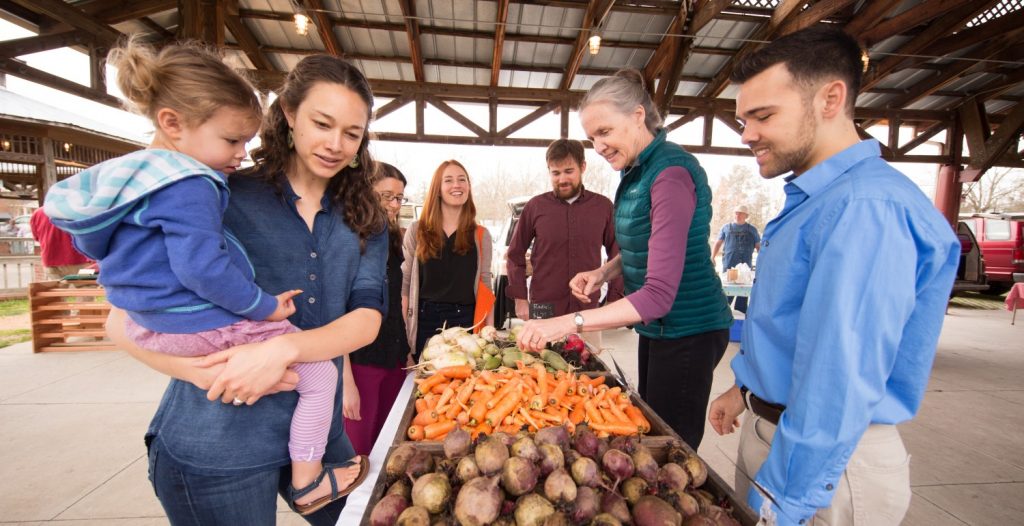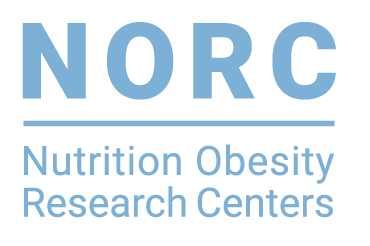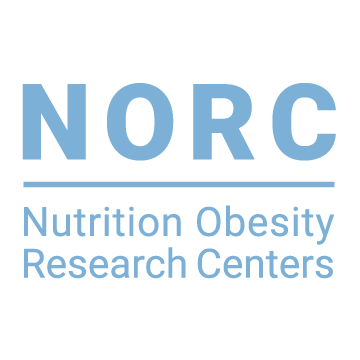
As far as steering committee co-chairs Marcie Cohen Ferris, PhD, and Alice Ammerman, DrPH, are concerned, UNC’s food theme is [pardon the pun] organic to the campus.
“We don’t see this as something we are doing to the campus,” said Ammerman, who is professor of nutrition at UNC’s Gillings School of Global Public Health and director of the UNC Center for Health Promotion and Disease Prevention. “[Rather,] it’s the campus rising up together and getting inspired by the theme and each other, crossing disciplines and working side-by-side with the community.”
This past spring, Chancellor Carol L. Folt announced the University’s two-year theme for academic years 2015 to 2017, and now this fall, “Food for All: Local and Global Perspectives” takes off with several activities and events on a broad spectrum of food topics.
The co-chairs – one a nutrition researcher and the other a scholar of Southern food cultures – embody the broadness of the topic. They believe this universal theme has special resonance in the state and at the University.
“North Carolina is an agricultural state, and we have a long growing season,” Ammerman said. “Food and agriculture are critical components of our economy.”
It is no coincidence that the topic of food fascinates Tar Heel researchers, from the Odum Institute’s early studies of poverty and hunger to the state of the art investigations done today at the UNC Nutrition Research Institute in Kannapolis.
“What really has been exciting about the ‘Food for All’ theme is that it brings attention to this great hub of all the magnificent research, resources, publications, service and teaching that is happening around food – and has been since the 1920s – here at Carolina,” Ferris said.
Food is also an integral part of campus life, including the Nourish International Hunger Lunches, held in the Pit and at the Gillings School; the Community Garden, which serves as an educational forum, produce from which is distributed to housekeeping staff; the award-winning sustainability practices of Carolina Dining Services and onsite farmers markets.
The cross-campus theme also ties into “Feeding a Hungry World: Food Security in the 21st Century,” the research theme of the Global Research Institute.
Food is UNC’s second pan-university theme, following “Water in Our World,” the theme for academic years 2012 to 2014. The idea of an academic theme arose from the 2011 UNC Academic Plan, which called for development of innovative ways to focus on major problems in society.
“It’s a fantastic way to address so many significant challenges and ideas and issues through the connective power of food,” Ferris said, “but also recognize and celebrate the pleasure and joy that food can create.”
The steering committee set five initiatives as the foundation for the food theme:
- the University and its role as a food systems innovator;
- teaching and learning about food;
- the contribution of food to health promotion and disease prevention;
- food access and food justice; and
- the documentation of food cultures and history.
With about 40 food-related classes already underway, the co-chairs have been excited to learn about faculty members taking initiative to incorporate the food theme in their classes. For example, Courtney Rivard, PhD, lecturer in English and comparative literature, will have students in her digital literacy class create a map of the University’s food landscapes – from dining halls to Franklin Street and the Carrboro Farmers Market.
Entrepreneur-in-residence Buck Goldstein has directed all student venture projects in his popular Economics 125 class to address the food theme. Panelists, recruited by Ammerman and Ferris, made “reverse pitches” to the 380 students, describing the food-related challenges to be addressed, hoping to inspire a team of future entrepreneurs to create a product or service to solve one of the challenges.
“There are a lot of bad puns around food, but if we can use one – we want to plant a seed for solving some of the problems related to food consumption, food production and food access,” Ammerman said. “There’s an enormous opportunity for students, faculty and staff to come up with creative solutions.”
###
The University Gazette’s mission is to build a sense of campus community by communicating information relevant and vital to Carolina’s faculty and staff and to advance the University’s overall goals and messages.
Research Details
- Research Center: University of North Carolina at Chapel Hill
- Featured NORC Member(s): Alice Ammerman, PhD, Professor of Nutrition
- Center Contribution: Elizabeth Mayer-Davis, PhD, Professor and Chair of Nutrition and Alice Ammerman, both members of the NORC, are members of the Food for All steering committee.

